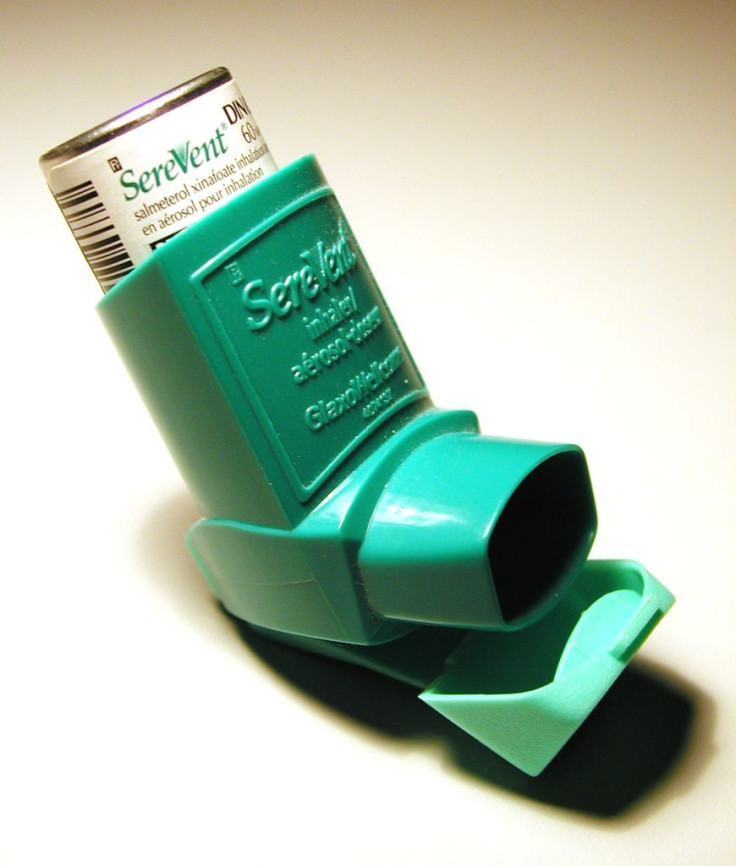Gesundheit! Being Born In The US Increases Allergy Risk

A new study in the Journal of the American Medical Association reports that American children born outside of the United States are less likely to have allergies. The findings provide major support for the 'hygiene hypothesis' — the idea that exposure to dirt and pathogens at an early age is critical for building a healthy, balanced immune system.
Nearly 80,000 kids participated in the study, headed by Dr. Jonathan Silverberg, a dermatologist at Beth Israel Medical Center and Roosevelt Hospital Center in New York. This comprehensive survey, conducted in 6 different languages, found that foreign-grown children had a lower chance of developing asthma and allergy diseases — such as hay fever, eczema, food allergies — relative to children from the U.S. About 20 percent of the children born outside of the U.S. had at least one of the allergic disorders, compared 35 percent among children born in the U.S.
The results also suggest that culture may trump genetics, since the link between birthplace and allergies was consistent across races and ethnicities. Legacy, however, did influence disease outcomes, shown in the fact that American parents were more likely to have children with allergies, even if their children were born overseas.
Moving to the U.S. elevated a child's chances for developing an allergic condition. Foreign-born children who had emigrated to and lived in the U.S. had a 10 percent higher risk of developing an allergic disease compared to children who had recently arrived.
"This [finding] suggests that the protective effects of the hygiene hypothesis may not be life-long and that subsequent exposure to allergens and other environmental factors may trigger actopic disease even later in life," the study authors wrote.



























